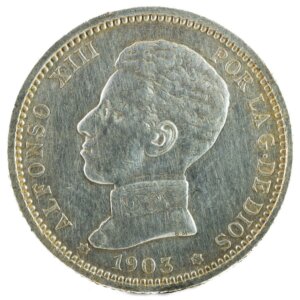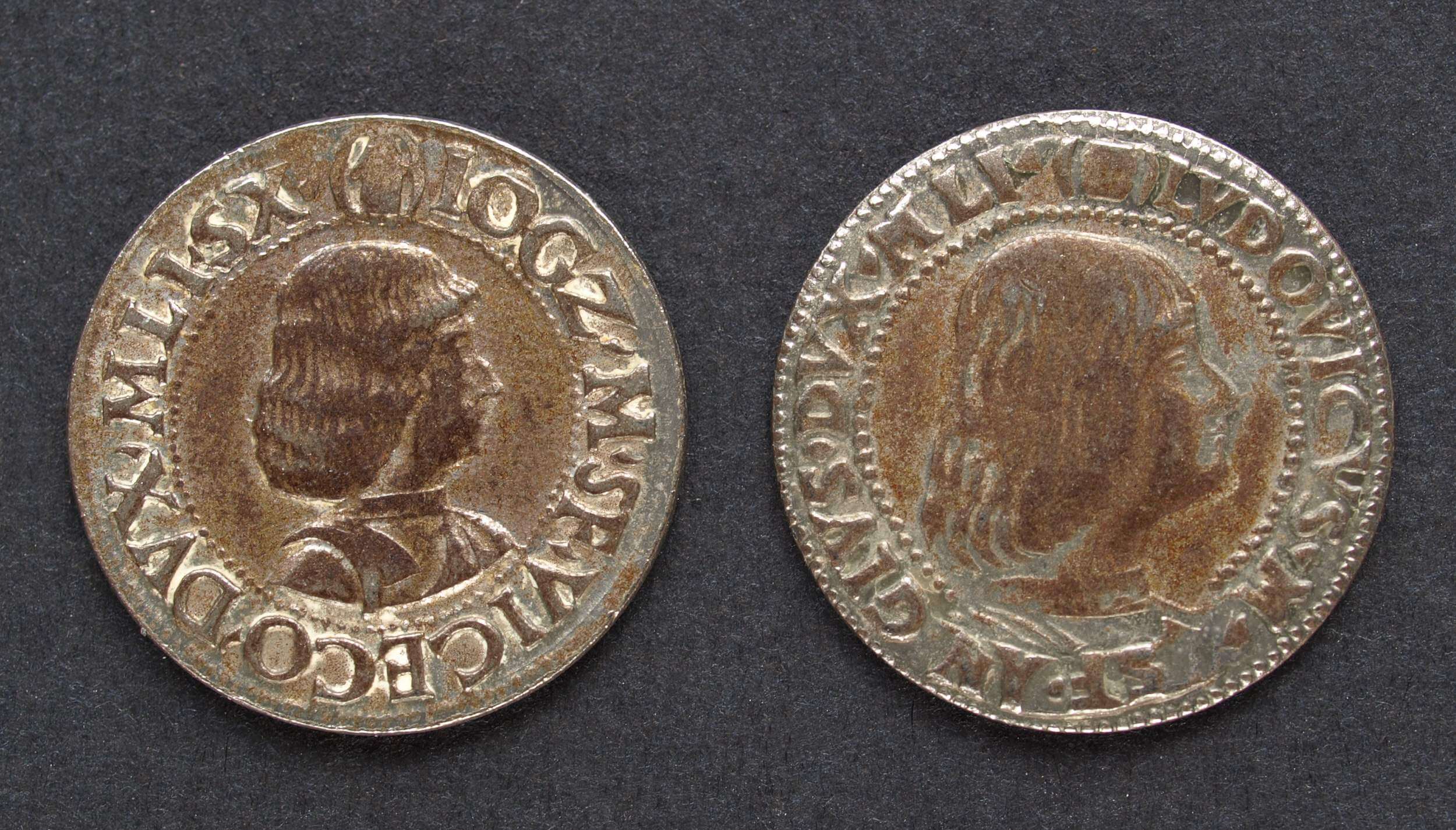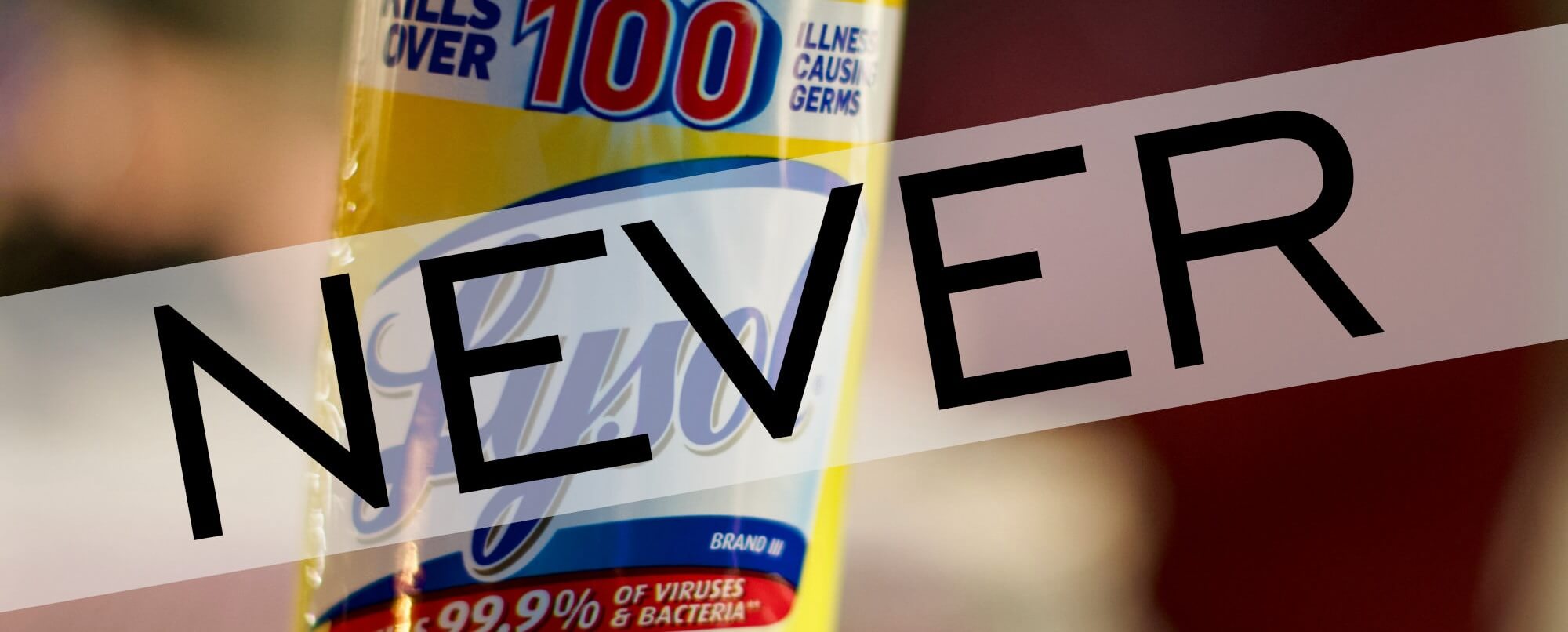View historical precious metals price charts »
View historical precious metals price charts »
![]() Planning on selling some collectibles and coins? You may assume they should be in top shape before bringing them to a dealer, but the number one rule of selling is to avoid cleaning them first.
Planning on selling some collectibles and coins? You may assume they should be in top shape before bringing them to a dealer, but the number one rule of selling is to avoid cleaning them first.
It may seem counterintuitive, but it’s crucial not to clean your coins and collectibles in order to preserve their authenticity and historical value and ensure you get top dollar for your items. Any solvent or substance you put on it could damage or destroy it, and will almost certainly bring down its value. It’s the opposite of selling something like a car, when you’d get it detailed before bringing it into a dealer for sale. When selling coins and collectibles, you must “let the age show” to get the maximum value for your items.
 Old coins and collectibles can develop a natural patina over time. They may show wear, oxidation and tarnish, giving them an originality and historical significance that can make them more desirable to collectors. Cleaning can remove small details that make a rare coin recognizable, so it’s crucial to leave them in their original condition.
Old coins and collectibles can develop a natural patina over time. They may show wear, oxidation and tarnish, giving them an originality and historical significance that can make them more desirable to collectors. Cleaning can remove small details that make a rare coin recognizable, so it’s crucial to leave them in their original condition.
Uncleaned coins and other collectibles offer insights into past manufacturing techniques and artistic styles of the time period in which they come from. They also help document history and serve as connections to past cultures. Cleaning these artifacts can make it difficult to draw conclusions about previous time periods and reduce their historical value.

Ancient Ludovico Maria Sforza Moro Moor coin from Milan, Italy
Any rubbing with a cleaner will leave microscopic scratches, discolorations and marks on a coin, and a collector with a trained eye will know to look for them. If cleaning is absolutely necessary, an expert will know how to do it with a specialized cleaner, and it should not be attempted at home. It can be difficult to distinguish between natural wear and damage caused by cleaning, so collectors will usually pay a premium for items in original condition.

Coins are graded on a 70-point scale based on their wear, quality and flaws. Cleaning coins may also prevent them from being eligible for grading, making it more difficult to evaluate their authenticity and value. Cleaned coins that are certified will often include a qualifier on the grading, which could reduce the grade, and thus the market value of the coin.
Collectors often prefer items in their original state. That is part of what makes the item unique and valuable. These imperfections give the object “eye appeal,” which is preferred to the shiny state of newer items. You could be costing yourself hundreds or thousands of dollars in resale value by cleaning your collectibles.